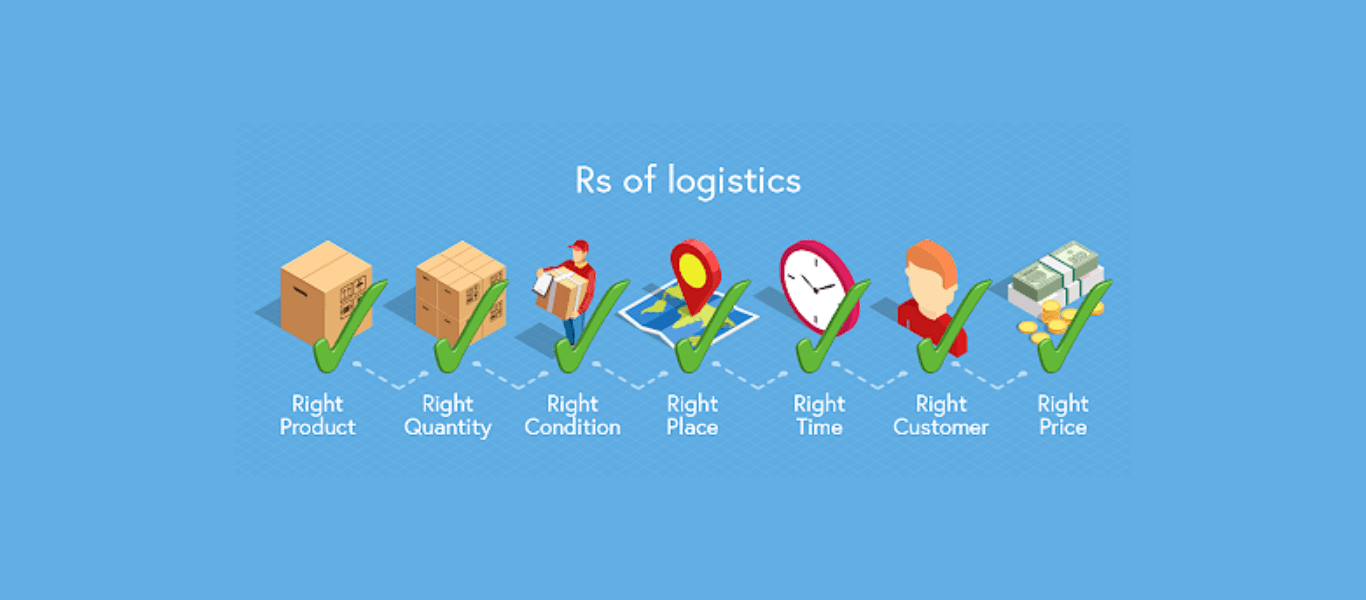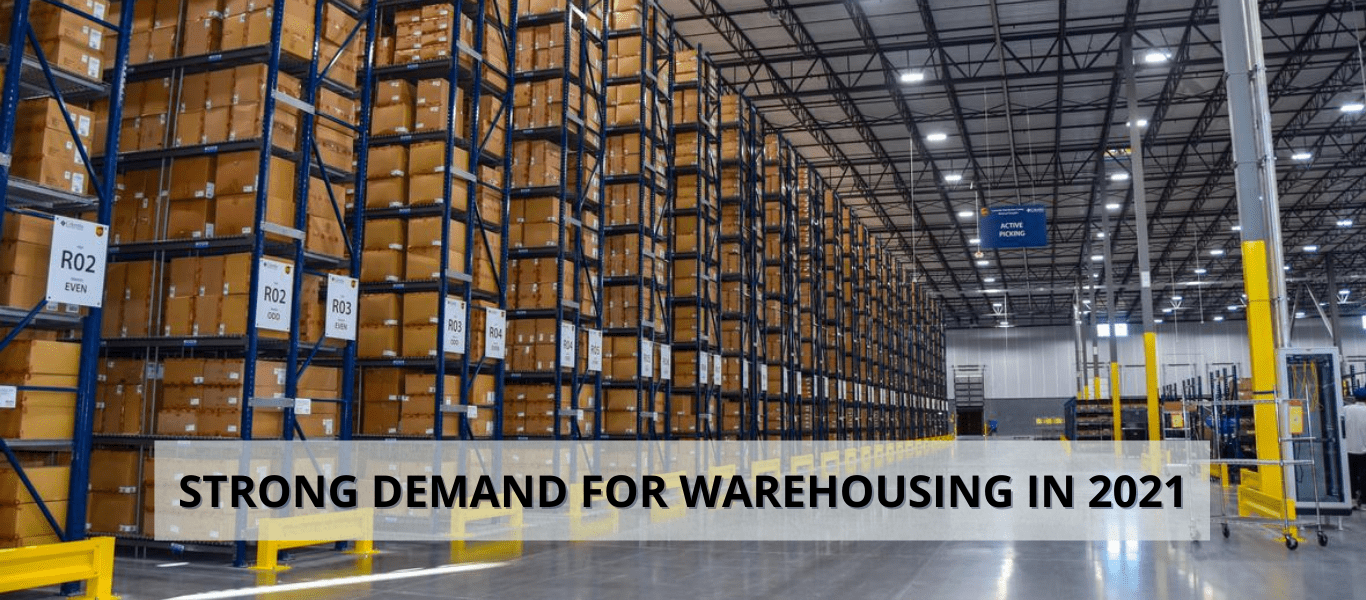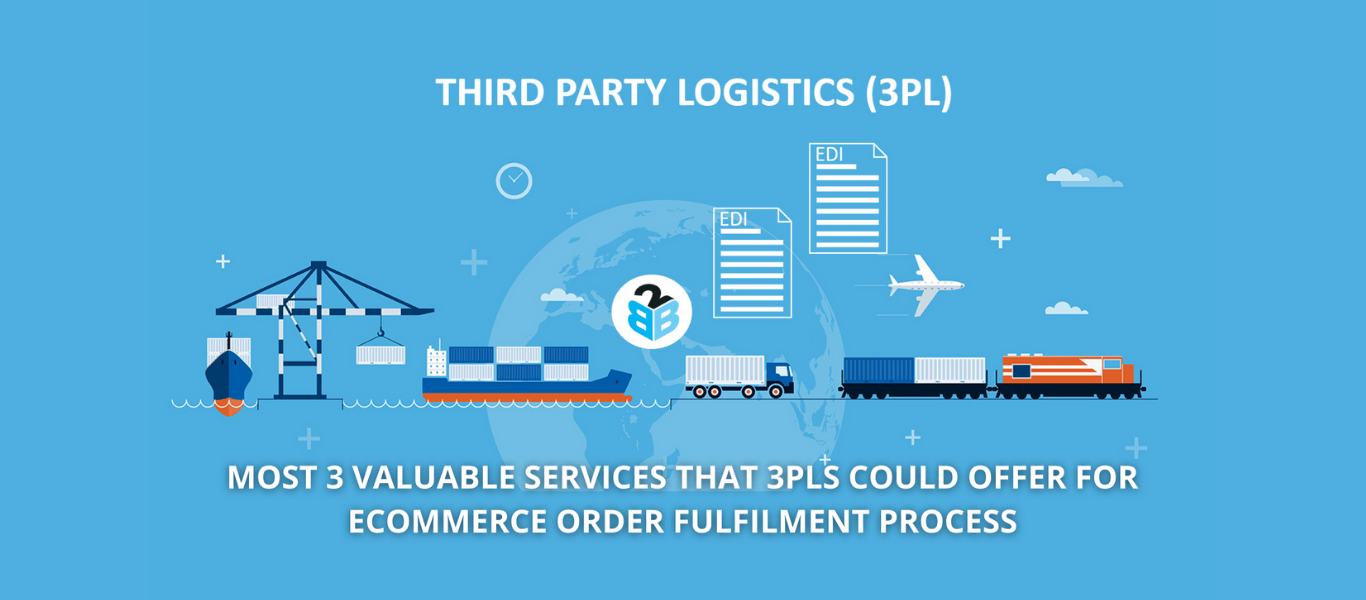Importance of 7 R’s in Logistics and Supply Chain Management

7R’s or 7 Rights plays a significant role in the backing of supply chains and international logistics. Every organization wants to excel in its functionality. They want the work to be done with optimal utilization of resources. Supply chain management corresponds to the management of products & services from the point of production to the end-user. It includes planning, designing, implementing, managing, and tracking supply chain activities.
Managing supply chain management is central to all industries. A supply chain is very much important for the organization. SCM’s main aim is to take care of 7 R’s as it continues to follow.
Role of 7 R’s :
1. Right Product : The essential component of the supply operations is the goods delivered to the customer from the supplier. Supply chain managers should be aware of this. What kind of product they need to make, treat and transport. The net approach is to pick a product that is in demand and which can guarantee income. Getting the right information and using the right product would help maximize the time and money efficiently.
2. Right Quantity : It’s also necessary to submit the right amount of goods in logistics. The supply chain administrators are charged with identifying the right amount of deliverables and working with the production and distribution department to get the best quantity of goods distributed to the customers. All things should be taken proper care of and handled wisely. While packing it must be checked that the quality should be according to the demand. Less quantity will take the customer towards the wrong perception of the company.
3. Right Condition : The product should reach the customer in good condition. Of utmost importance is the consistency of the deliverables. The procurement department is obligated to ensure that the products are properly packed and shipped in the right condition to the customers.
4. Right Place : The next important aspect is that they will give the right material to the correct location. Supply chain administrators should ensure that they have competent and qualified logistics personnel to deliver the content at the proper place. Managers should build a comprehensive position tracking distribution system so that both consumers and suppliers should monitor the products at the exact location & deliver it to the right spot.
5. Right Time : In logistics, the duration is a crucial factor. The happiness of consumers and the long-term partnership are only possible if the goods are delivered to consumers at the perfect time. Managers tasked with creating a tracking system and working with the distribution team to get the items shipped before the deadline. Customer satisfaction is the key to success. Thus the delivery time for the product is always crucial for a business as this leads to happy faces of the customer. Proper monitoring is required so that one can catch up with the flaws if any occur in the process.
6. Right Customer : Customers are the cornerstone of supply chain operations. The managers need to learn their target audience. If the goods are sold in the correct market so that the business will receive more leads and they will get the best customers to stick with them for a lifetime. Organizations should always target the right customers.
7. Right Price : Pricing is crucial for companies, as it is the aspect that determines the profit or loss that has sustained. The supply chain manager will analyze industry dynamics and place the products and services at reasonable prices. Also, a program should be in a place that maintains a record of costs and periodically checks them so that the goods sold at the correct cost.
These are the seven R’s of supply chain management that ensures that the whole process of logistics is carried out effectively.
Conclusion :
Logix Platform’s innovative and comprehensive logistics software is capable of managing your whole logistics and supply chain operations effectively. Logix Platform allows you to manage all aspects of your logistics business from automating operations to automating billings and accounting, invoicing and optimizing business workflows. We also have more than 40+ carriers associated with the system and easy integrations to enhance your business experience.
With Logix Platform, get access to eComGlobus, an advanced eCommerce Fulfillment platform that offers all eCommerce logistics solutions in a single platform to manage your eCommerce/Shopify store very easily.



